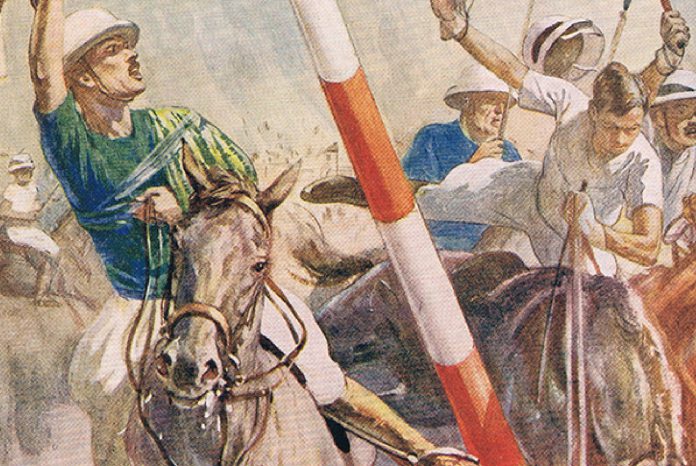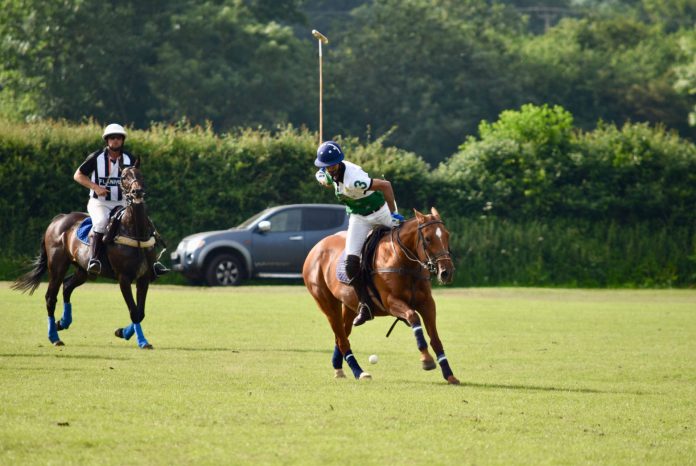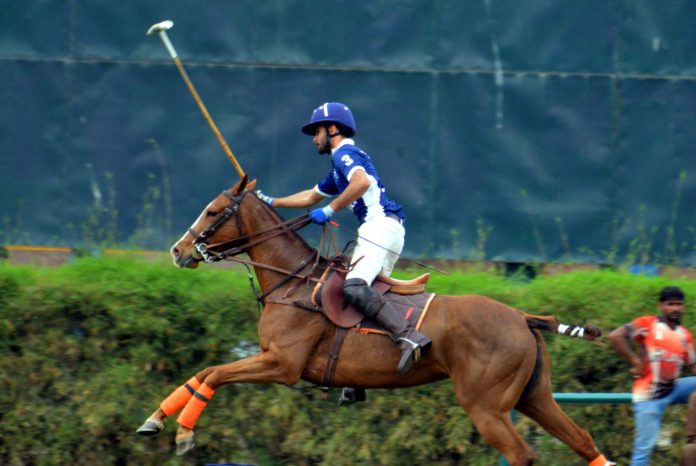Penned by Rudyard Kipling, The Maltese Cat is about a polo pony living among the British in India and how he achieves glory and honor in the big game against the Archangels.
“Ever since he had drifted into India on a troopship, taken, with an old rifle, as part payment for a racing debt, the Maltese Cat had played and preached polo to the Skidars’ team on the Skidars’ stony polo-ground. Now a polo-pony is like a poet. If he is born with a love for the game he can be made.
The Maltese Cat knew that bamboos grew solely in order that polo-balls might be turned from their roots, that grain was given to ponies to keep them in hard condition, and that ponies were shod to prevent them slipping on a turn. But, besides all these things, he knew every trick and device of the finest game of the world, and for two seasons he had been teaching the others all he knew or guessed.”
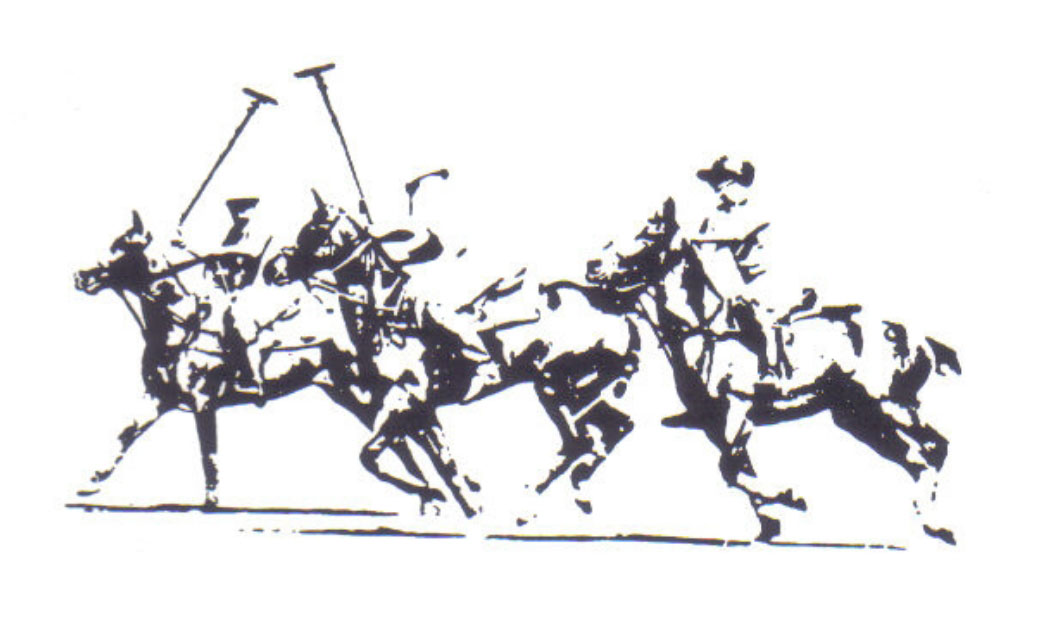 Polo, the elegant and fast-paced equestrian sport.
Polo, the elegant and fast-paced equestrian sport.
Also, read: FROM STABLES TO THE FIELD
This story is set around the polo ground at Umballa, (presently Ambala), at that point an armed force cantonment, depicting the Final match of Upper India Free for All Cup around 1880.
‘Keep yourselves to yourselves,’ said the Maltese Cat to his companions. ‘We don’t want to rub noses with all those goose-rumped halfbreeds of Upper India. When we’ve won this cup they’ll give their shoes to know us.’
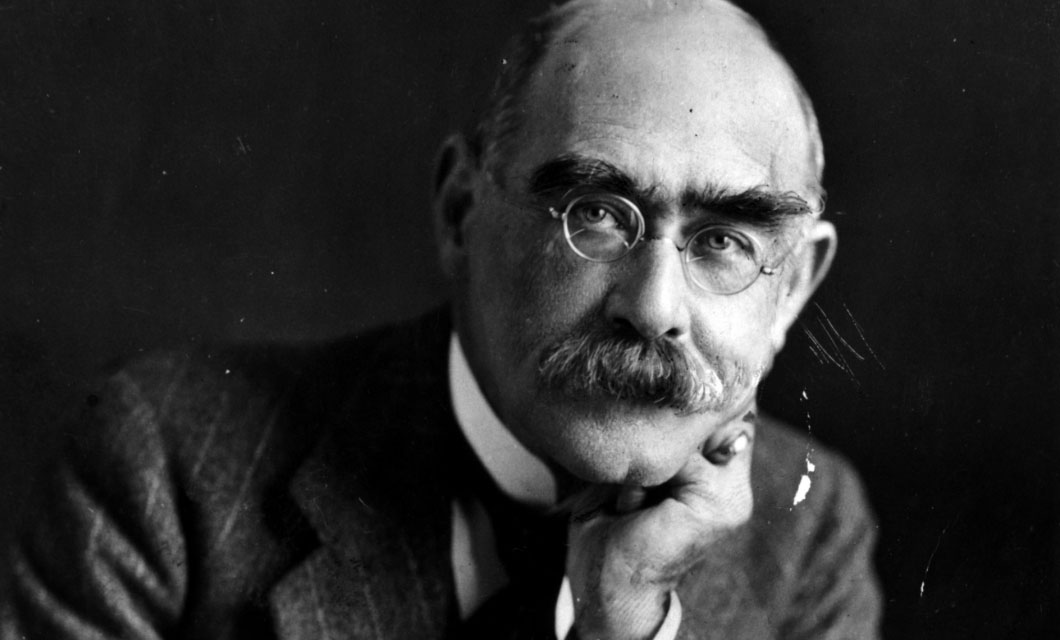
Kipling's storytelling talents have cemented him as a literary great, remembered for generations to come.
Also, read: A ROYAL LEGACY
The match is between The Archangels and The Skidars. The Archangels are from a British Cavalry regiment, are wealthy and had ponies that had cost a thousand rupees each. On the other hand, The Skidars are a “poor but honest native infantry regiment”. The Maltese Cat is not just a playing pony but the coach and master of all the plans of the game, delivering the motivation and instructions to fellow ponies and also to his rider Lutyens!
‘Play the game, don’t talk,’ the Maltese Cat whickered; and all the ponies wriggled with excitement, and the soldiers and the grooms gripped the railings and shouted.
The anticipation of the match is meticulously illustrated: “The third quarter of a game is generally the hottest, for each side thinks that the others must be pumped; and most of the winning play in a game is made about that time.”
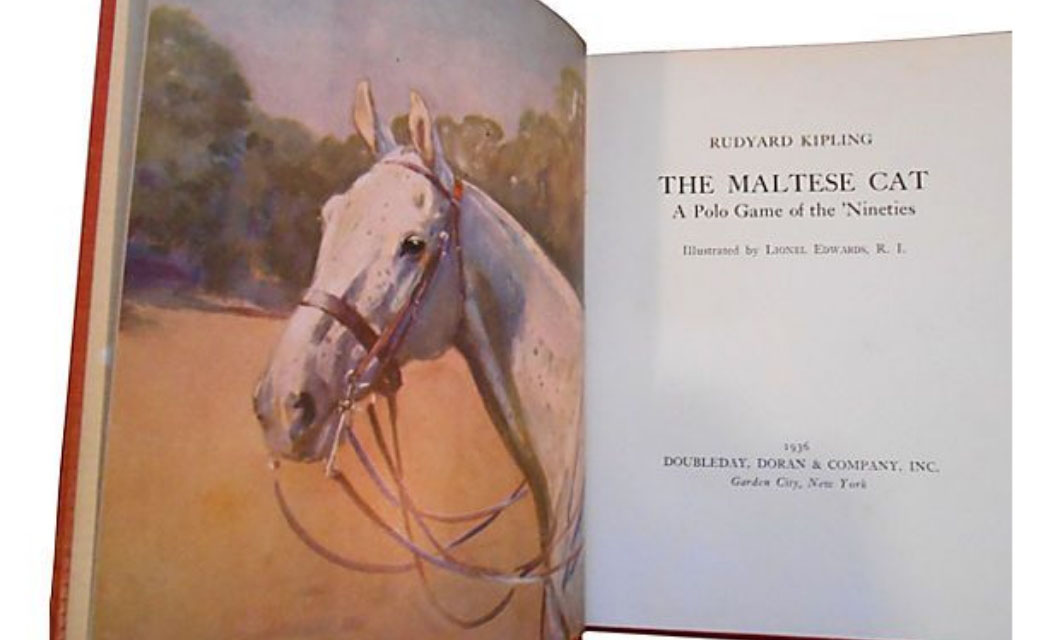
“Lutyens took over the Maltese Cat with a pat and a hug, for Lutyens valued him more than anything else in the world.”
The game cannot be taken for granted according to the Maltese Cat and his advice is to be strictly followed by fellow ponies for their contest against the stronger Arab ponies of the Archangels!
‘How long does it take to get a goal?’ the Maltese Cat answered. ‘For pity sake, don’t run away with the notion that the game is half-won just because we happen to be in luck now. They’ll ride you into the grand-stand if they can; you must not give ’em a chance. Follow the ball.’ ‘Faiz Ullah,’ said the Maltese Cat, ‘if you don’t play to the last nail in your shoes this time, I’ll kick you on the ground before all the other ponies.’
As the match gets on, there is a rage on the field; the Skidars fall for an accident. The Maltese Cat put his nose into Lutyens’ shirt trying to say how sorry he was but the master trusts him nevertheless till the last moment.
“No,” said Lutyens. ‘It’s the last quarter, and we’ve got to make our goal and win. I’ll trust the Cat.’ ‘You hear that?’ said the Maltese Cat proudly to the others. ‘It’s worthwhile playing polo for ten years to have that said of you. Now then, my sons, come along. We’ll kick up a little bit, just to show the Archangels this team haven’t suffered.’
And after rising up from a great fall, the master and the Maltese lead Skidars into a thrilling victory over the Archangels!
‘The Cat’s in charge—mind the goal!’ shouted Lutyens, and bowing forward hit the ball full, and followed on, forcing the Archangels towards their own goal. ‘Now’s our last chance,’ said the Cat, wheeling like a cockchafer on a pin. ‘We’ve got to ride it out. Come along.’ Bamboo and Who’s Who shortened stride to give the Maltese Cat room, and Lutyens got the goal with a clean, smooth, smacking stroke that was heard all over the field.
As soon as the people saw no one was hurt, 10,000 native and English shouted, and clapped and yelled, before anyone could stop them. The pipers of the Skidars broke on to the ground, with all the native officers and men behind them, and marched up and down, playing a wild northern tune called ‘Zakhme Bagãn’.
‘I say,’ said the captain of the Archangels, spitting a pebble out of his mouth, ‘will you take three thousand for that pony-as he stands?’ ‘No, thank you. I’ve an idea he’s saved my life,’ said Lutyens, getting off and lying down at full length.
The glory of the Maltese Cat gets celebrated with the rival Archangels too…
“‘Hurrah! Bring him in,’ said the Archangels; and his sais, who was very happy indeed, patted the Maltese Cat on the flank, and he limped in to the blaze of light and the glittering uniforms, looking for Lutyens. He was used to messes, and men’s bedrooms, and places where ponies are not usually encouraged, and in his youth had jumped on and off a mess-table for a bet. So he behaved himself very politely, and ate bread dipped in salt, and was petted all round the table, moving gingerly; and they drank his health, because he had done more to win the Cup than any man or horse on the ground. That was glory and honour enough for the rest of his days, and the Maltese Cat did not complain much when his veterinary surgeon said that he would be no good for polo any more.”
Also, read: HH MAHARAJA SAWAI PADMANABH SINGH OF JAIPUR.

